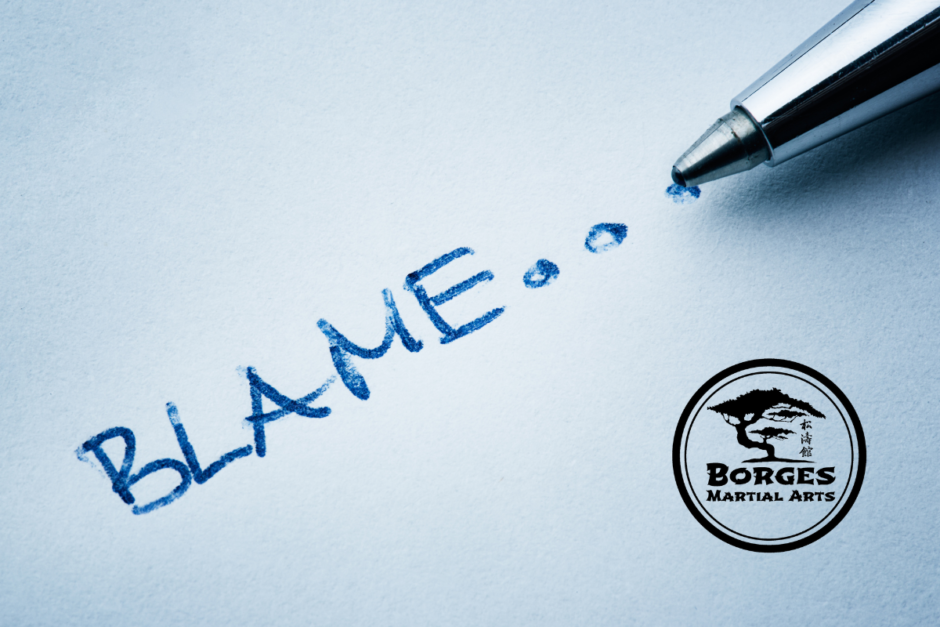Accepting Responsibility: Teaching Children to Avoid Blame Shifting

“Well…somebody did it!”
Raise your hand if you’ve ever heard that from a boss, former teachers, or your own parents when you were a kid!
The use of “blame-shifting” is the go-to way for some children and adults to justify mistakes. When we have arguments or conflict with others, one of the major contributing factors that play into the inability for solutions to be reached easily is a lack of ownership of behavior. Children must be taught how to accept responsibility for their actions and feelings in any situation to lead a more productive life.
Children are naturally going to test boundaries. Seeing how far they can push the limits of rules is nothing new. And when they make mistakes, their first reaction is to blame. They could blame someone else or even an external circumstance. By doing this, they feel they are preserving their pride and avoiding disapproval and consequences. Since children want to please their parents, those with parents that are more impatient and critical are more likely to shift blame. The problem with this lack of ownership is children become more passive and lose their sense of humility. This ultimately leads to more conflict and more difficulty finding resolutions.
To help children learn this critical life skill, parents need to be patient and empathetic when addressing undesirable behaviors. This will create an environment where children feel safe to be honest. During these discussions, especially when there is a conflict between children, it is essential to help them stay focused only on their behavior during the dispute. Whether it was the action that initiated the incident or the reaction to the situation, taking ownership of their part is vital. This keeps them focused and prevents them from shifting blame. When children have successfully owned their behavior, make sure to show them an appreciation for their honesty, and open a dialogue for what could have been done differently.
Life skills are an important part of a child’s development in the SKILLZ program. By utilizing the Life SKILLZ supplemental curriculum in class, instructors, can help set up children for success in patience, respect, kindness, responsibility, self-control, and many others. Parents can implement the Parent SKILLZ information to help them be more patient when addressing poor choices by their children and prompt them for more appropriate decisions. By providing children with environments that instill consistency in rules and consequences, children’s character becomes more refined, and they become more resilient.
As John Wooden stated, “You aren’t a failure until you start to blame.” Taking responsibility for our behaviors is hard, especially for children. However, to help children master their responses to the world around them, they must learn to take ownership of their part. This fosters control over their own lives and helps develop essential life skills. When children are given the tools to learn from setbacks and mistakes, they form a growth mindset and become more resilient and empathetic human beings
